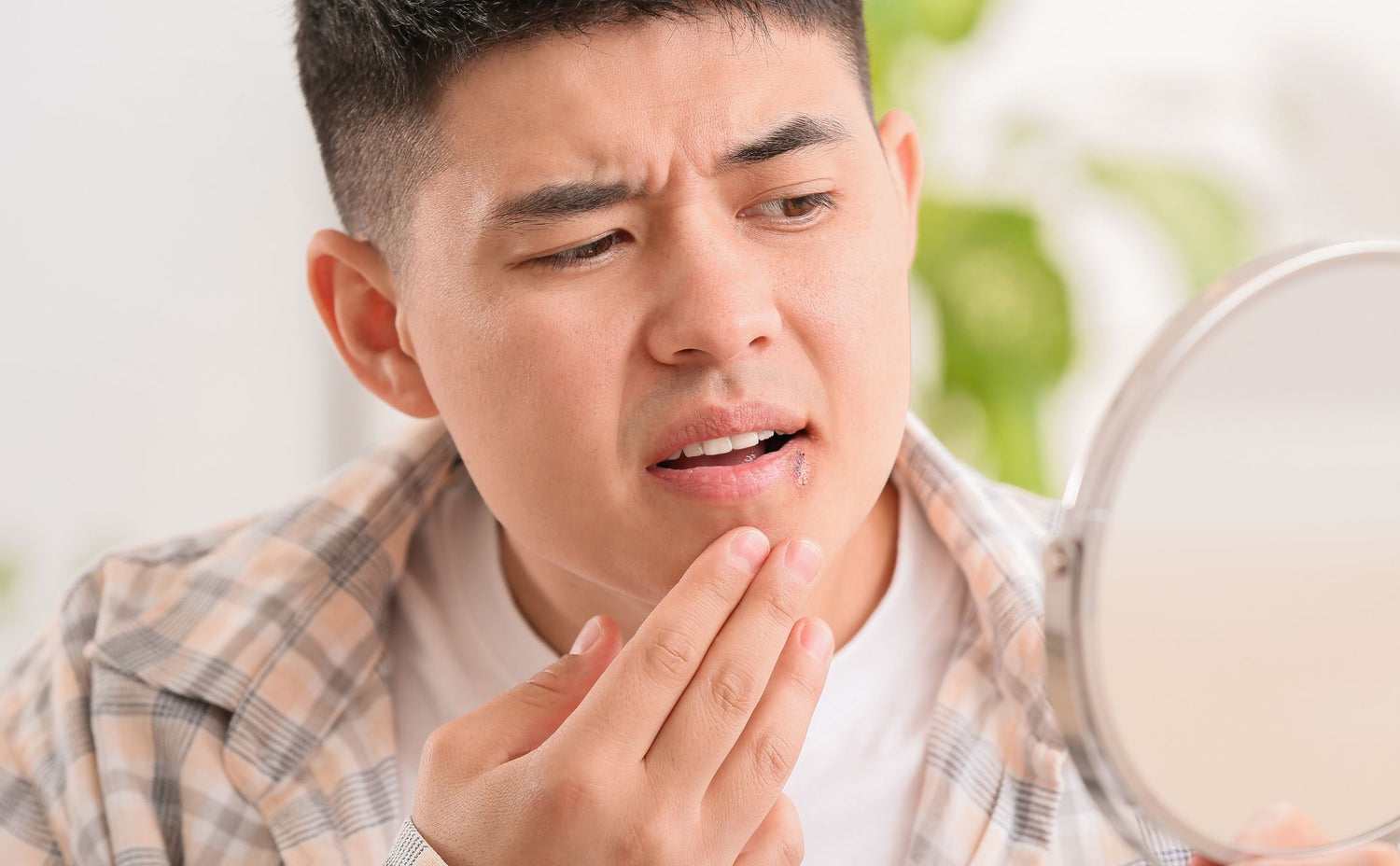Triggers
It’s important to understand how cold sores can be triggered in order to prevent a recurrence. A range of environmental and psychological factors can trigger a cold sore flare-up at any time. Although these triggers can vary from person to person, the main triggers that lead to a cold sore outbreak include the following below.

